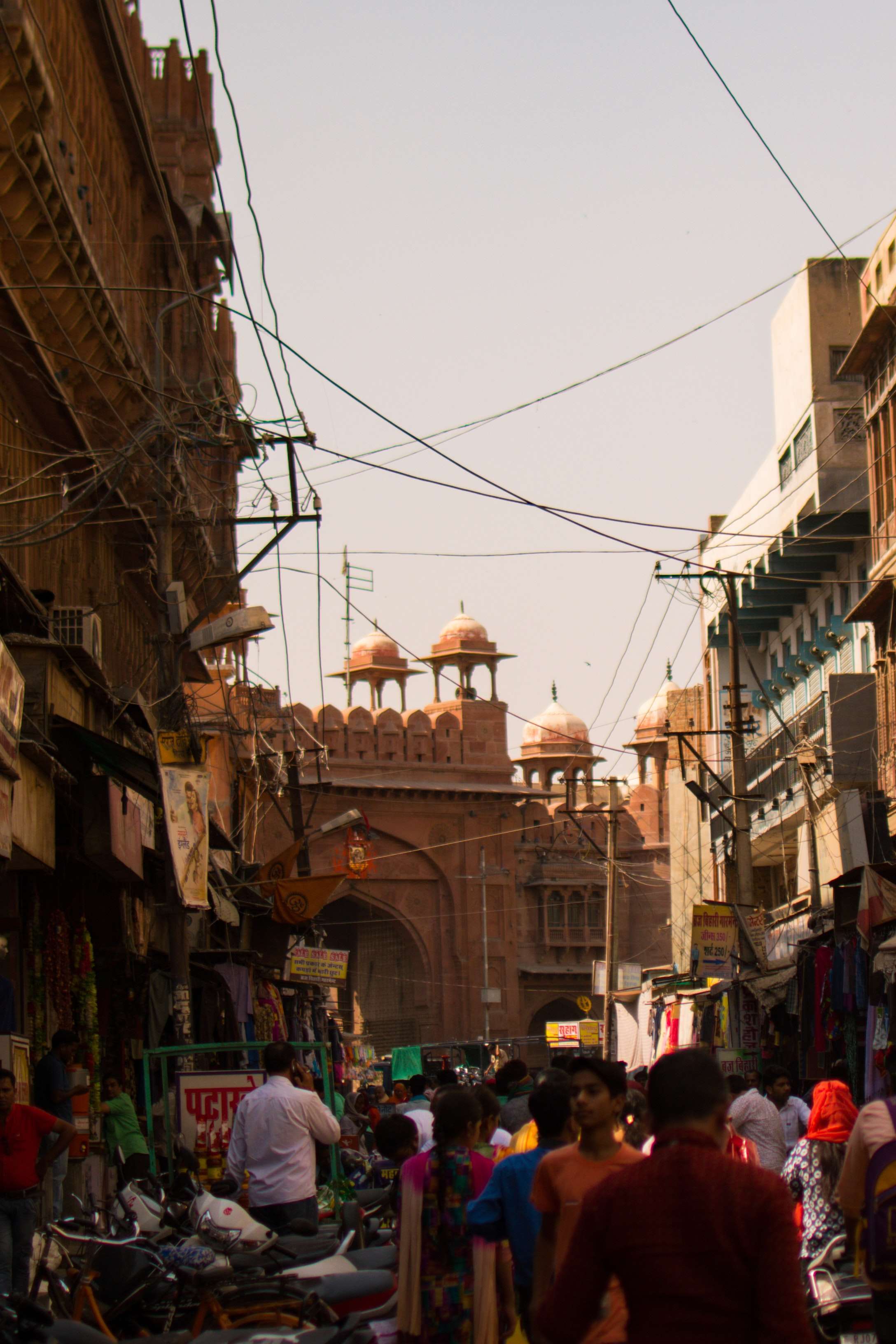
Across 2021 and 2022, as a part of DT Global's role in the FCDO-funded Frontier Technologies Hub, I worked with a pilot team in India looking at the use of blockchain technologies to increase transparency in land records in Karnataka State.
The current land record system, which utilises presumptive titling (a right arising from occupation or possession), creates substantial challenges to establishing accurate ownership of property. This leads to expensive legal disputes, increases administrative burdens, and blocks investment.
While we closed this pilot early due to the Karnataka government’s decision to focus on other priorities, ultimately, the Frontier Technologies Hub is a learning programme and the evidence that we generate are what’s most important. This is true both when we are successful and, often more importantly, when we aren’t. Given that, I wanted to share my three takeaways from working and reflecting on this pilot over the last year.
This won’t be a surprise to anyone that has worked with innovation and technology, especially those looking to have an impact, and even more so in low- and middle-income countries. It’s impossible to count the number of solutions that are believed to be silver bullets to critical problems, and instead fail because of reasons that have nothing to do with the technology that they are trying to implement.
While our pilot had blockchain as a part of the solution, that’s not really what it was about. It was about public records that are centuries old, remained unchanged and un-adapted since colonial authorities. It was about working with governments at the state level and trying to implement a technology solution with them.
Specifically, we have learned a lot about the human element of working with the government. You would be asking them to make a big change shifting everything to a blockchain ledger and to start relying on something that is still quite a new technology. Government is really set up to limit risk, to make gradual change, and to probably not take such a big bet.
If you ever get too focused on the tech, and not the human or system in front of you, you really run the risk of the solution hitting a big roadblock.
Blockchain is much more than crypto. However, crypto currencies, and Bitcoin in particular, are still the most well-known parts of blockchain technologies, and any innovations in the space need to recognise that and work with that in mind. We’ve learned that that we need to acknowledge and plan for the fact that we are going to have to start any blockchain pilot with a more negative public perception.
When working in the blockchain space, it’s essential to be able to clearly and simply explain what the system is, how it will benefit the user, and to be really conscious that new stakeholders are likely to start with a healthy dose of scepticism.
Land records in India are seeing huge innovation and change at the moment, and we are trying to solve problems that have existed for decades and centuries. We weren’t the only ones.
There seem to be a thousand different solutions being trialled to bring a dated records system into the 21st century, from the underlying task of digitising land records, to teams introducing biometric authentication for property registration, integrating wider data on loans and mortgages, using drones to survey rural land and update land records, and implementing Unified Land Management Information Systems, just to name a few.
Some of the technologies are going to be revolutionary, and some, as is normal, are going to be redundant. In such a crowded space, having the right technology at the right time and for the right solution is key. But most importantly, being humble enough to take a step back is just as important. Most of the time, building off what is already getting traction rather than competing with it is the best way forward.
Overall, I wonder if our solution was the right one at the wrong time. It answered some of the fundamental challenges of the current land records system (creating a single truth, creating a record of any changes) but maybe isn’t the right answer to the most pressing challenges (verifying the records in the first place, and upgrading and digitising the outdated underlying systems) and in a world of limited time and money in government it might not be the step for today.
In future I’ll be looking to question our understanding of the ecosystem and its needs even more and looking to keep the question of “are we really the right solution” in the front of my mind. The Frontier Technologies Programme is doing a little more than just looking on with interest though, with our Web3 Symposium that took place in November 2022, and deep dives on the blockchain are planned for this year.
The Frontier Technologies Hub works with UK Foreign, Commonwealth and Development Office (FCDO) staff and global partners to understand the potential for innovative tech in the development context, and then test and scale their ideas. The Frontier Technologies Hub is managed by a consortium of partners: Results for Development (R4D), DT Global and Brink.